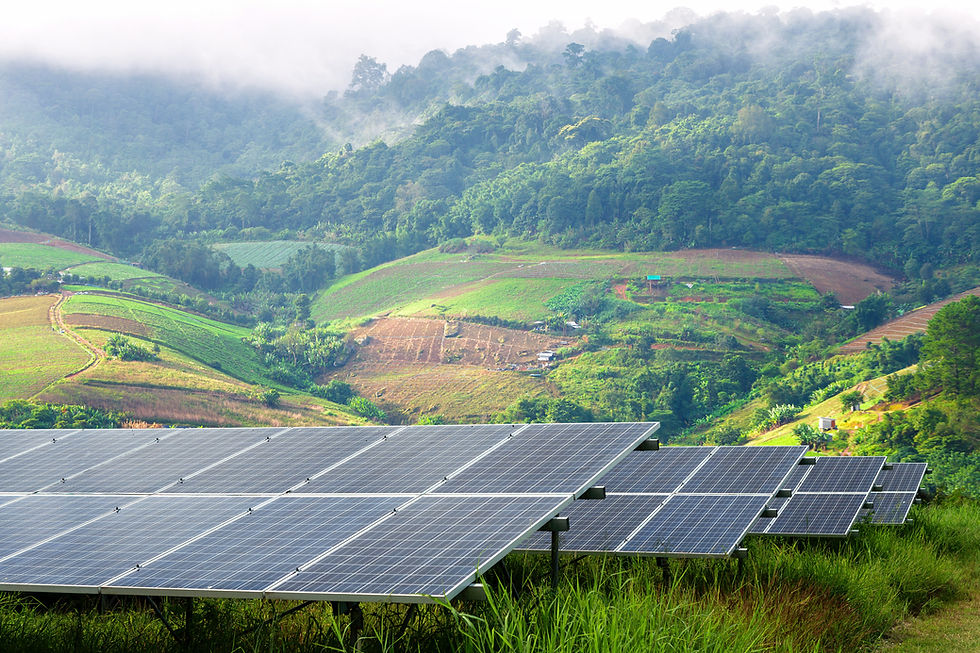Sustainable Business Trends in 2024 - Report of the Research Center of Eud Foundation
- CIRO FERRARO
- Oct 23, 2023
- 2 min read

The Eud Foundation Research Center has conducted an in-depth analysis of the sustainable business trends that will shape the business landscape in 2024. These trends are Economic Resilience, Carbon Emissions, Sustainable Building Materials, and Net Zero Commitments.
Economic Resilience
Economic resilience is a critical trend that has emerged from the need for businesses to withstand and quickly recover from economic downturns. A survey by McKinsey revealed that 90% of executives believe the crisis will fundamentally change the way they do business over the next five years. Businesses can enhance their adaptability and resilience by diversifying supply chains, investing in local resources, or focusing on sectors that have shown resilience during economic crises. Sustainability plays a key role in this trend, as businesses that prioritize sustainable practices often demonstrate greater resilience. Unilever, for instance, has shown resilience through its commitment to sustainable practices and long-term focus.
Carbon Emissions
Despite initial reductions, the World Meteorological Organization reports a 1.4% increase in global carbon emissions in 2022. This highlights the need for more drastic and sustained actions. Businesses can reduce their carbon footprint by optimizing energy use, investing in renewable energy, improving manufacturing processes, and promoting sustainable consumption patterns. Google stands as a prime example of a company leading in carbon reduction, with its commitment to run all of their data centers and offices on carbon-free energy by 2024.
Sustainable Building Materials - Sustainable Business Trends in 2024

The construction industry contributes approximately 39% of all carbon emissions globally. There is growing pressure to reduce this environmental impact, leading to a trend towards sustainable building materials. These materials, such as AshCrete, Bamboo, Cob, Cork, Hempcrete, Ferrock, and Mycelium, have lower carbon footprints compared to traditional materials. They are renewable, require less energy to produce, and are often biodegradable. The Green Building Company is an example of a business that has successfully adopted these materials, significantly reducing their environmental impact.
Net Zero Commitments

The Intergovernmental Panel on Climate Change (IPCC) states that achieving net zero emissions by 2050 could entail a 60% increase in capital spending on physical assets, compared to current levels. Companies can make significant strides towards this goal by investing in green technologies and practices. Microsoft's pledge to be carbon negative by 2030 and to remove all the carbon they have emitted since their founding by 2050 is a notable example of net zero commitments.
In conclusion, these trends highlight the growing importance of sustainability in the business world. As we move towards a more sustainable future, businesses that adapt to these trends will not only contribute to global environmental goals but also enhance their brand image and gain a competitive edge.
The Eud Foundation invites all businesses to join our community and take part in our Sustainable Business Development Program (SBDP). This comprehensive initiative guides businesses in developing and implementing successful sustainable projects. By joining our community, businesses can stay ahead of these trends, gain access to valuable resources, and contribute to a more sustainable future.

.png)



Comments